Recently, Reetoo's BR8000 Hematology Automation Line has been successfully installed and commissioned at a large hospital in Lhasa, Tibet, marking a major company milestone in deploying diagnostic solutions at extreme altitude.
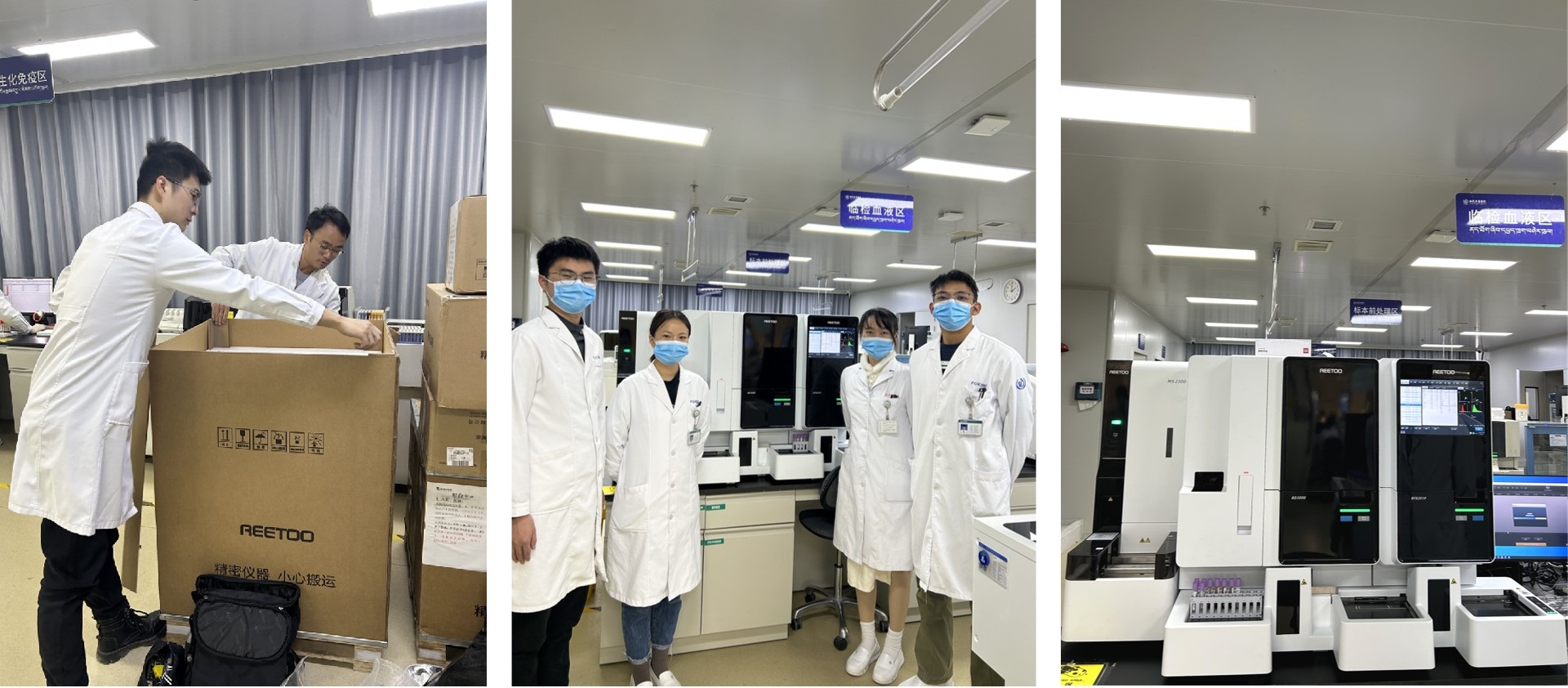
Engineering for Extreme Altitude
Lhasa's high altitude (3,650 meters) presents unique challenges for medical equipment, primarily due to low atmospheric pressure and significant thermal variation, which can affect fluidics and pneumatic systems.
To address these conditions, Reetoo developed a custom high-altitude solution. Our engineers conducted extensive on-site assessments and validated the system's performance through rigorous low-pressure simulation testing at the Shenzhen Academy of Metrology and Quality Inspection(SMQ). The test standard of Reetoo’s Instrument is 4000 meters, exceeding Lhasa's altitude of 3,650 meters.
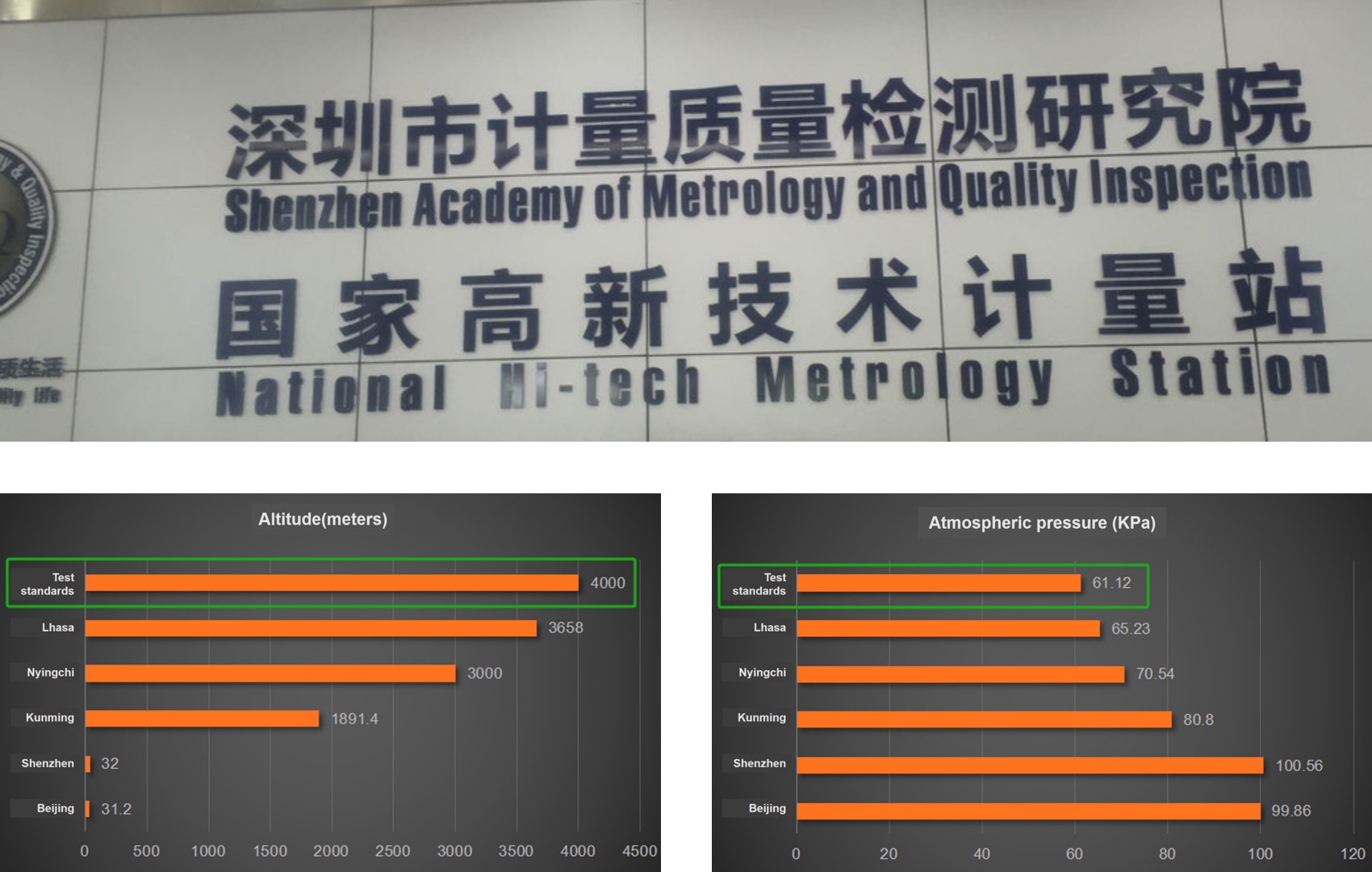
Key Technical Breakthroughs
● Enhanced Slide Performance: To address the challenge of elevated hematocrit (HCT) levels, which can reach 77% in some samples, Reetoo developed specialized protocols for slide preparation. We developed a custom motor algorithm for our automated slide maker that consistently produces clinically acceptable smears with optimal morphology and cell distribution.
● Stable Pneumatic Systems: The negative pressure system, which is critical for precise fluid handling, was re-engineered to maintain stable performance at high altitudes. By utilizing modified compressors, the system now delivers consistent pressure and flow rates equivalent to sea-level performance, even at altitudes up to 4,000 meters.
Reetoo Solution: BR8000 Hematology Automation Line
The BR8000 Hematology Automation Line delivers high-throughput analysis with automated sample loading, testing, slide making, staining, and morphology analysis. It offers comprehensive multi-parameter detection, including CBC, CRP and SAA.
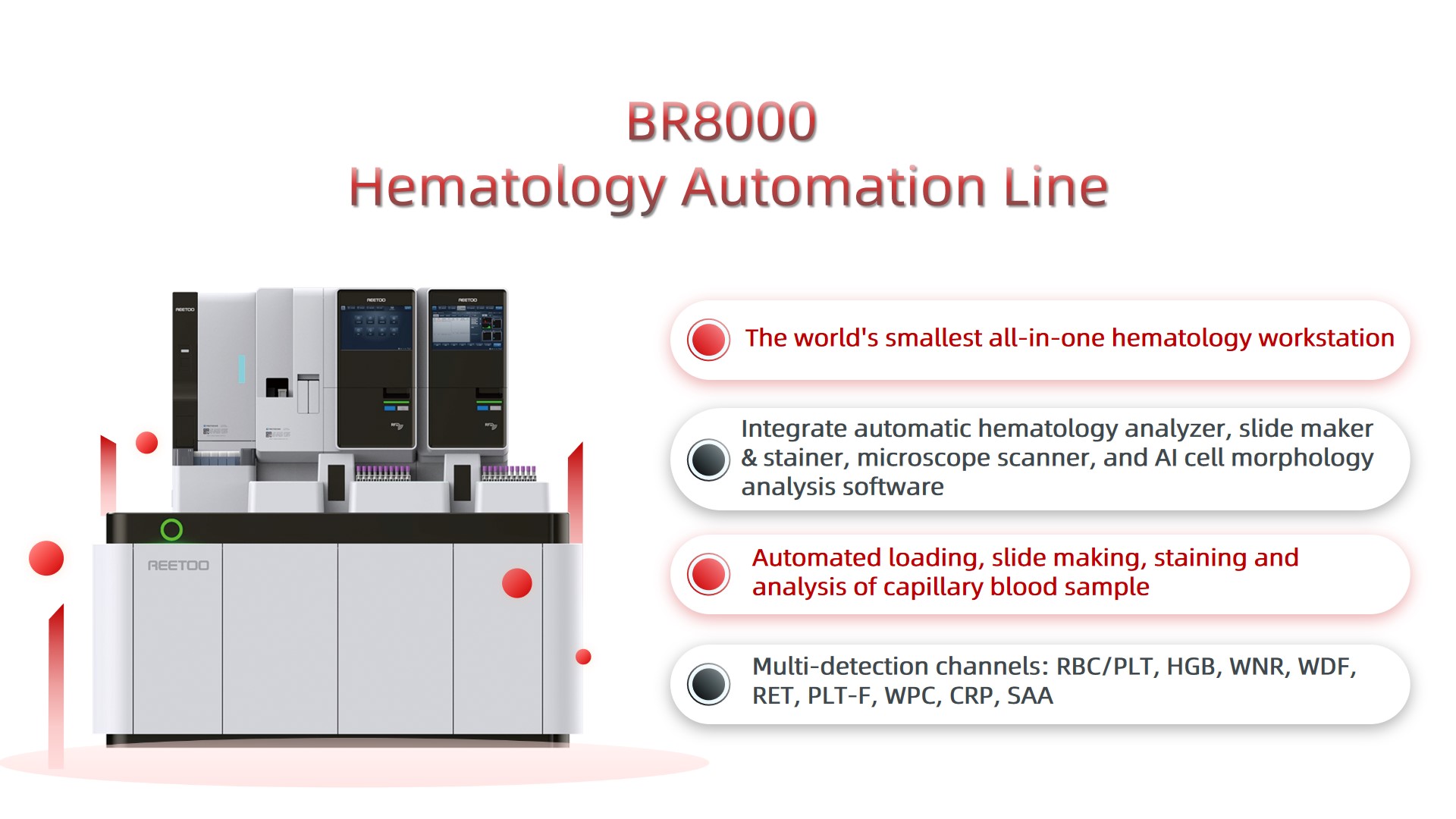
This successful deployment underscores Reetoo's commitment to delivering reliable, intelligent diagnostic solutions that perform consistently, regardless of environment, and support advancements in healthcare accessibility.












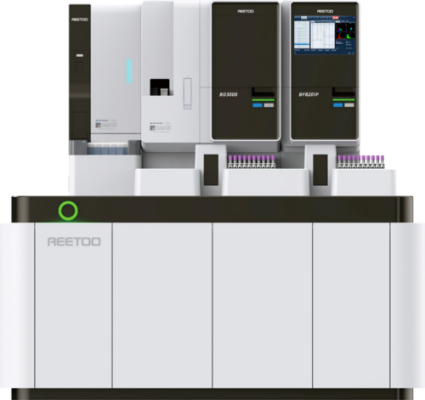
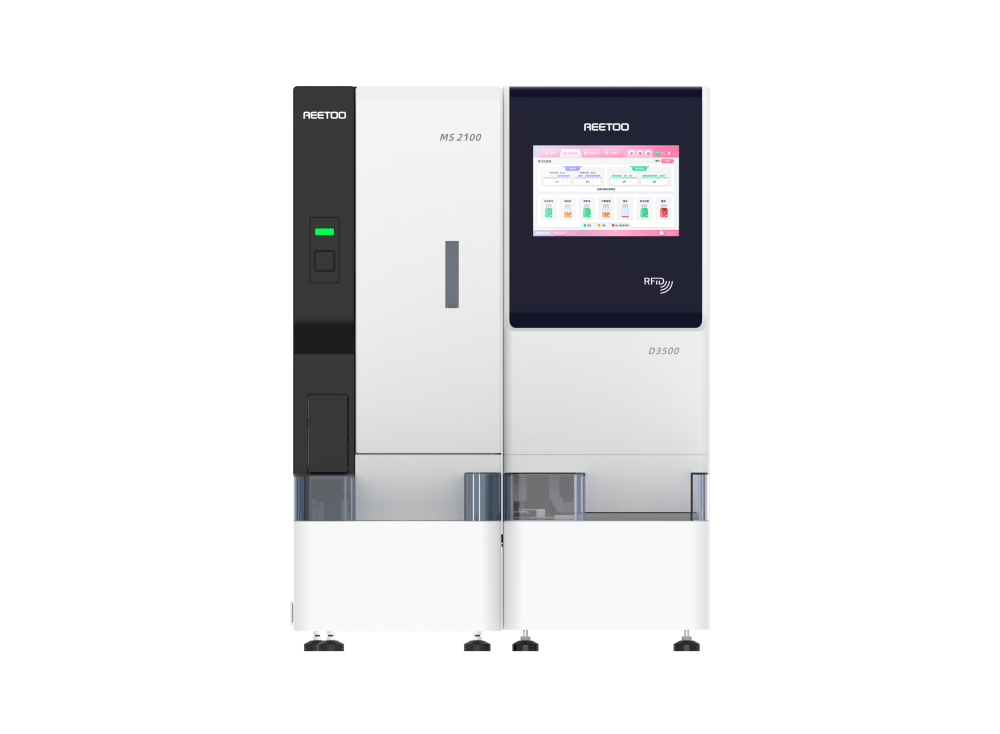
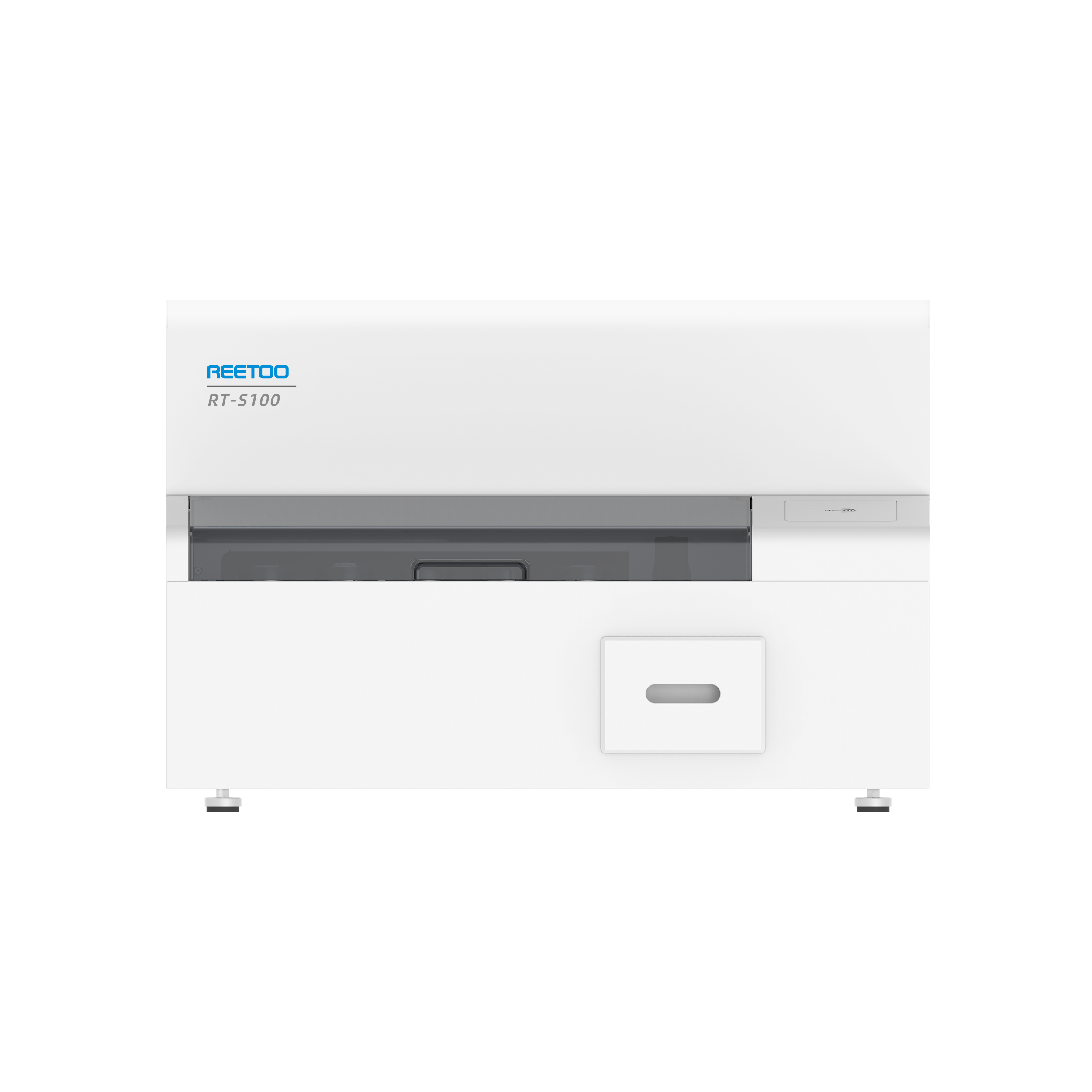
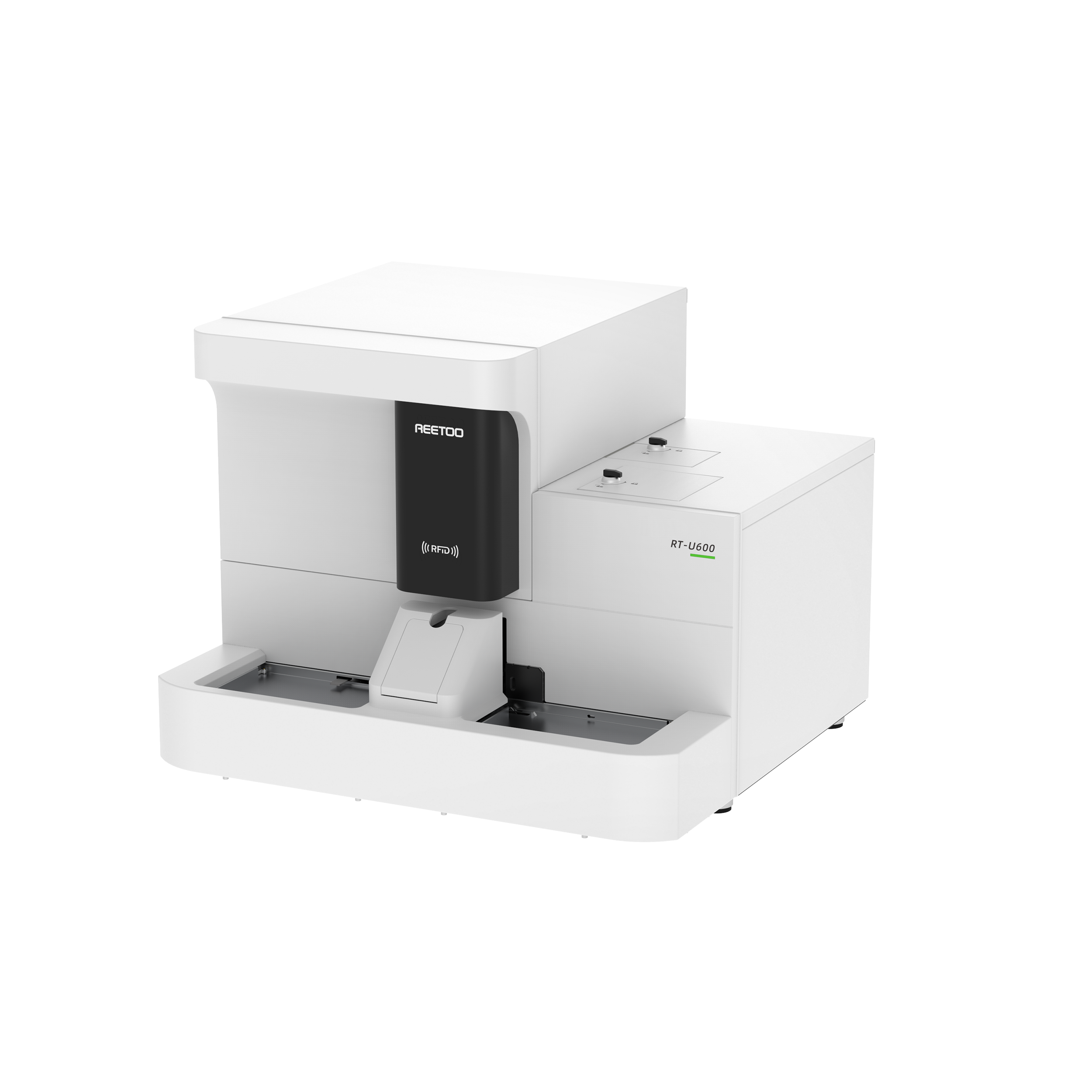
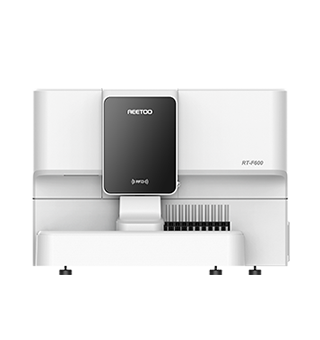
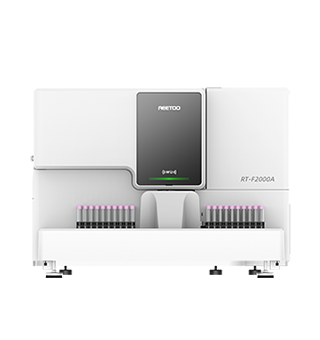


 粤公网安备44030002003406
粤公网安备44030002003406